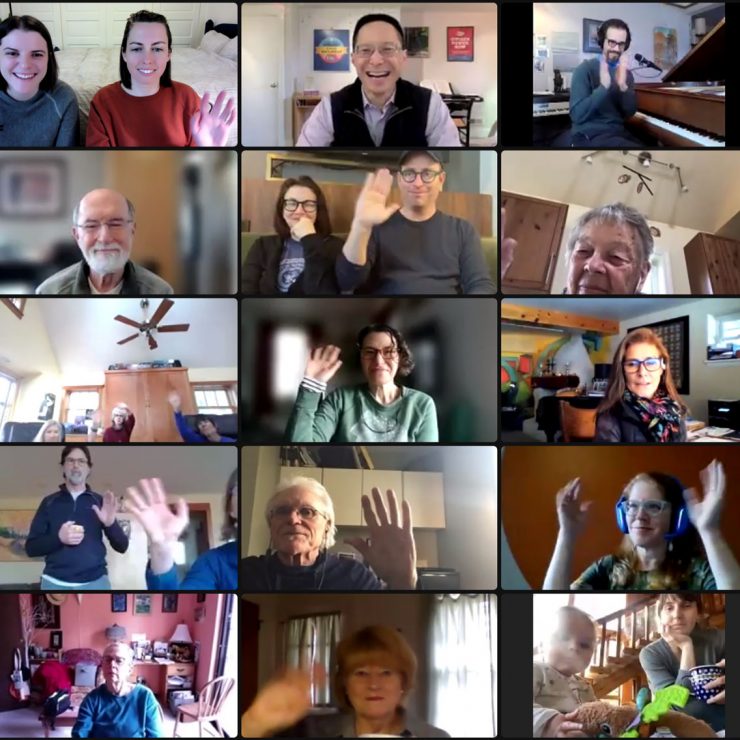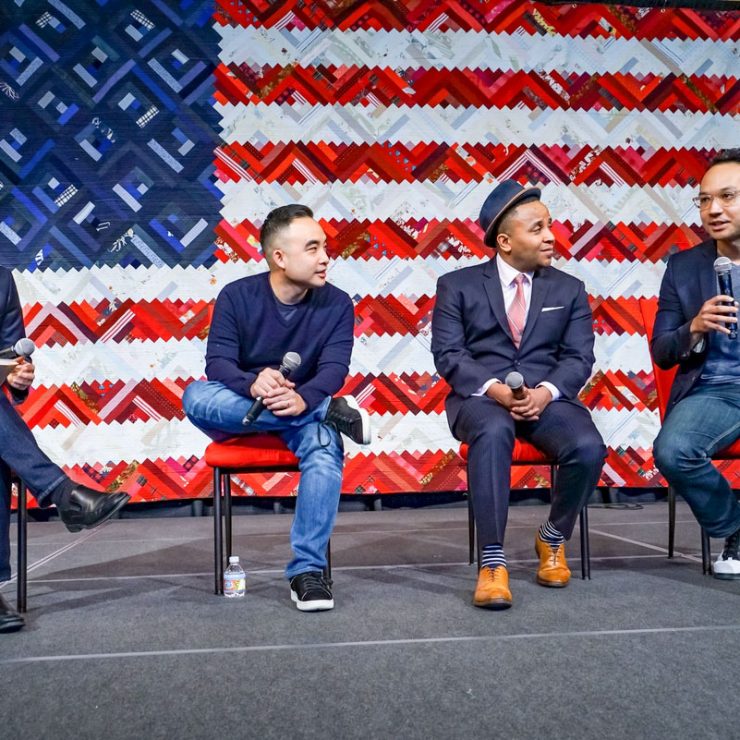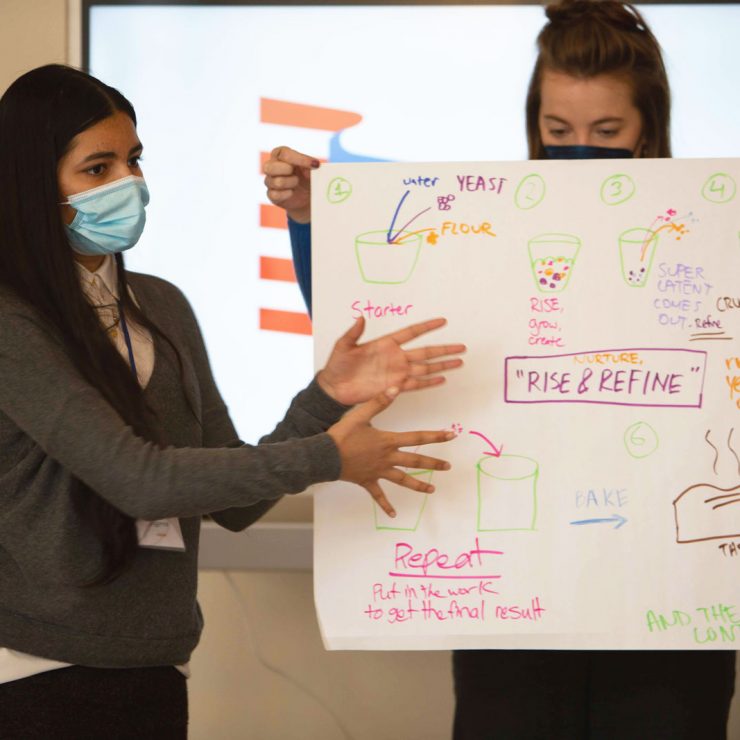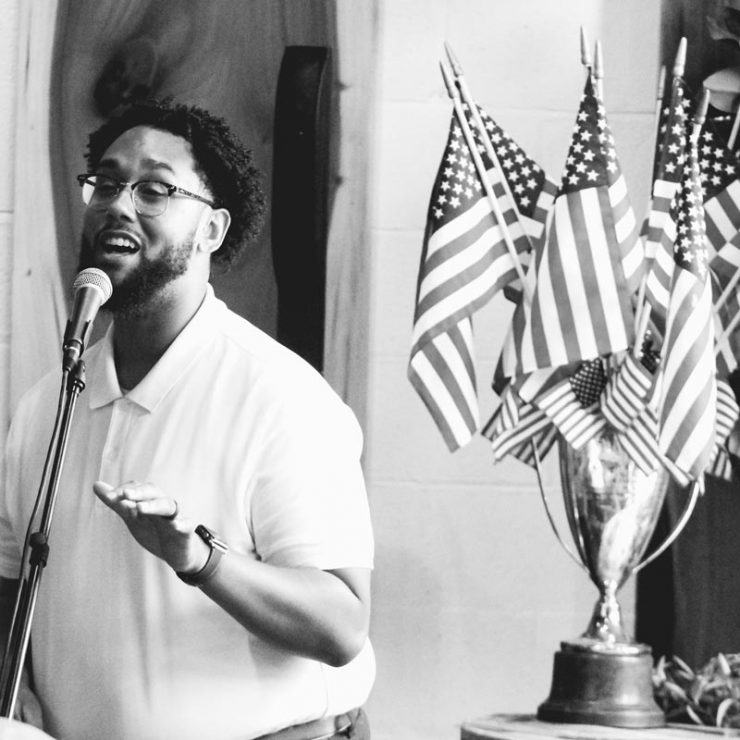Gathering Guide
Giving you all the tools you need to create an intentional Fourth of July gathering.
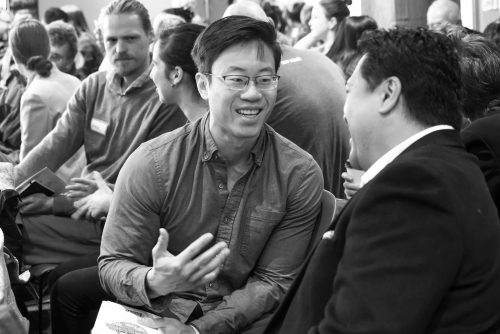
Design a Fourth of July gathering to match the moment.
You are a key part of creating meaningful experiences that help us counter disconnection and build a stronger, collective culture of powerful, responsible citizenship. And what better day to do that than Independence Day!
This guide will help you put your own spin on a very special July Fourth Civic Saturday.
Step 1 — Consider your purpose.
“Gatherings crackle and flourish when real thought goes into them, when structure is baked into them, and when a host has the curiosity, willingness, and generosity of spirit to try.” ~ Priya Parker, The Art of Gathering
Spend a moment getting clear on why you want to do something different this Fourth of July. Who are you hoping to gather? What might they want to explore, experience, or practice together?
Think through what elements and activities will help you and others feel focused and fortified through this experience. And consider how you might share your experience with others in your community or across the country.
Step 2 — Invite and gather.
Priya Parker encourages us to think of an invitation not as simply a carrier of logistics, but as the beginning of a story. Storytelling helps guide your guests and explain why you’re asking them to meet in this way. She encourages us to think of an invitation like a temporary, voluntary social contract. (Explore more from Priya →)
Invite your guests, plan the pieces, and adapt it to make it your own.
Step 3 — Dive in.
The Civic Saturday framework gives us the chance to slow down and spend time reflecting on our role in our community — and our democracy. It’s a time to reckon with our civic faith and engage deeply, curiously, and honestly with the practices of living like a citizen.
You may want to jump to the discussion questions to dig deep into themes of dependence, mutuality, and freedom. Or perhaps you’ll focus on the poetry and music that moves the heart and invites more spontaneous reflection. The choice is yours!
- If you want to watch all the way through, you can find the full video here →
- If you want to pick and choose, explore the pieces below and use what you’d like.
1. Welcome
This clip gives an overview of the pieces of the gathering and orients you to Civic Saturday.
2. Poetry
Poetry can open our hearts and help us see or hear what’s needed… even if that simply means opening up more questions. Civic poet Hakim Bellamy of Albuquerque, New Mexico, wrote an original poem for Juneteenth and shares it with us here.
3. Turn & talk
Spend 5-10 minutes in small group conversation to start thinking about what interdependence feels like. Consider this question:
Who are the people and institutions you depend on to get through a day?
Or you could consider other questions, such as: What does patriotism mean to you? What does it mean to be free? What are you willing to change your mind about? What commitments do you want to make in the coming year, to help strengthen the civic health of your community?
4. Music
Singing out loud with friends or strangers can be awkward – but it can also evoke a sense of affirmation, heart, and even playful commonality. It can help us feel more capable of doing other unfamiliar things, like diving into uncommon conversations.
Enjoy this original song written specifically for this gathering by Jose “Juicy” Gonzales and Hakim Bellamy. Sing along!
5. Civic scripture
Because we consider Civic Saturday a civic analogue to a faith gathering, we’ve reimagined how the sacred writings of scripture can be used in a civic context. There are many texts and passages from across American history and thought that can help us connect to our common creed and reflect on the past, present and future – in ways that both inspire and challenge.
Listen and reflect on two pieces: What, to the Slave, is the Fourth of July, by Frederick Douglass — and Declaration of Rights of the Women of the United States, by Susan B. Anthony.
6. Civic sermon
A “civic sermon” speaks to historical and contemporary civic needs and challenges – and prompts moral reflection. It’s what anchors, elevates, and helps unify the other program components.
Eric Liu, CEO and Co-Founder of Citizen University, shares his sermon with us on an under-appreciated part of the Declaration of Independence.
7. Discuss
Eric leaves us with a question to consider at the end of his sermon. Round out your gathering with longer discussion on this prompt:
What shall we mutually pledge to do so our country can live up to its promise?
Listen to this rendition of America the Beautiful by Jose “Juicy” Gonzales as you quietly consider this question before diving into discussion.
8. Close
Knowing that there are others around the country who are gathering for a similar reason — but with a unique style — how will you share out and connect with them? Use the hashtag #Do4thDifferent to share and explore on social media.
Don’t let this gathering end with you — make sure it ripples out and catalyzes other action. Thank you for being a civic catalyst and inspiring a culture of powerful, responsible citizenship!
